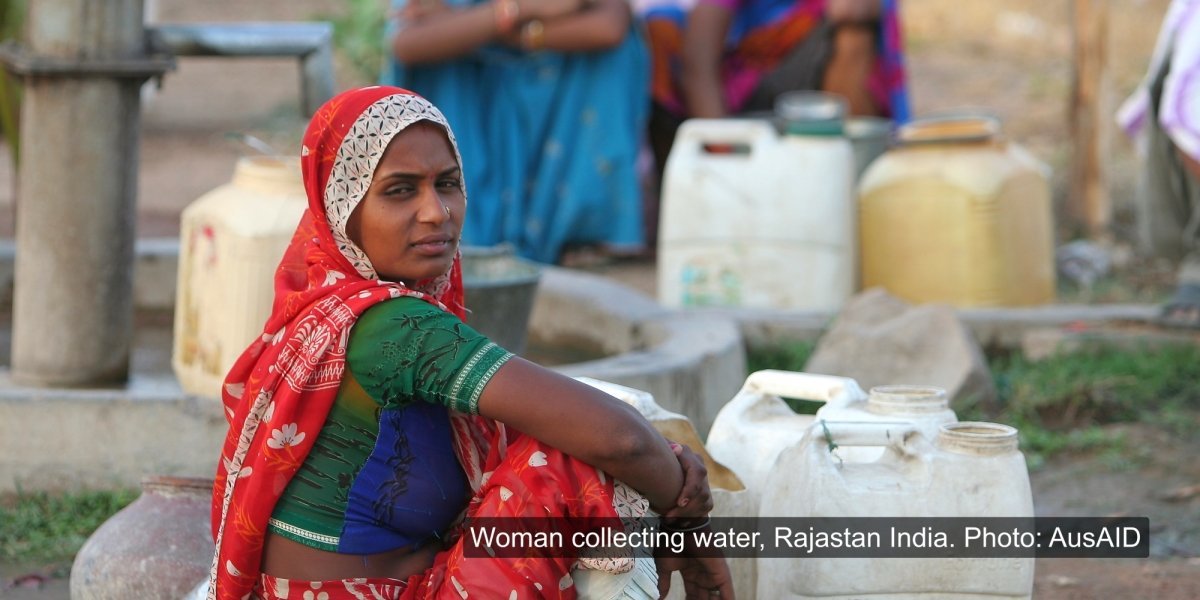De-risking by financial institutions is a growing trend impacting INGOs ability to deliver funds efficiently into developing world markets. The latest ACFID annual survey found that some 6% of those who responded had experienced this in some shape or form, limiting their ability to fund their international programs or partners.
Organisations working in the financial sector must keep up with changing compliance regulations and trends with respect to anti money laundering and counter terrorism financing. Failure to comply with regulations can damage an institutions’ reputation, lose customers, and subject them to severe penalties from regulators.
StoneX’s Michael Stachowiak, Head of Business Development (Global Payments) Australia and New Zealand, tells ACFID: “In the Australian market, [de-risking] has occurred with growing regularity as banks respond to regulators requests to tighten up their policies and procedures. De-risking is a strategy that some institutions employ when they cannot efficiently manage these money laundering risks. In this process, institutions tend to increase their expenditures for compliance programs, take new measures, and critically sever relations with countries and customers they see as higher risk.
“INGOs are often unfairly being caught in the cross hairs, given their tendency to work in higher risk markets (e.g. Myanmar, Syria, Afghanistan), places quite often that are greatest in need.”
Michael shared with ACFID several strategies charities working in the international aid and development space can implement to mitigate this trend:
1. Working with a specialist FX provider that has a strong historical track record, understands the risks and has the appropriate controls in place to manage flows into high-risk jurisdictions
2. Holding accounts with multiple financial institutions, given the varying risk appetites between them
3. Centralising treasury functions at a global level when working across multiple markets resulting in pooling of funds and global disbursements coming from a single trusted location
4. As far as possible, employing a just-in-time funding approach to avoid leaving large balances held captive onshore in a higher risk market that could be frozen or denied repatriation
StoneX will be hosting a panel discussion at the upcoming ACFID National Conference diving into this topic further with first-hand accounts from representatives of Anglican Aid, Care Australia and Islamic Relief Australia. Please sign up today to attend.
ACFID formed a Corporate Partnership with StoneX (previously known as INTL FCStone), one of the world’s leading Global Payment Exchange providers, in 2020, after their years of longstanding support and sponsorship of the ACFID National Conference. You can read more about our partnership here.
2021 ©StoneX Financial Ltd (Company). All rights reserved. The Company is registered in England and Wales with company number 5616586 and is authorised and regulated by the Financial Conduct Authority FRN446717. This document and the information herein is provided confidentially for information purposes only to the recipient and shall not be deemed to be an offer for the sale or purchase of any financial services product transaction or advice. This information is provided on an ‘as-is’ basis and may contain statements and opinions of the Company as well as excerpts and/or information from public sources and third parties to which no warranty, whether express or implied, is given as to its accuracy. The Company (on its behalf and on behalf of its group, directors, employees and agents) disclaims any and all liability as well as any third-party claim that may arise from the accuracy and completeness of the information detailed herein, as well as the use of or reliance on this information by the recipient, any member of its group or any third party.









